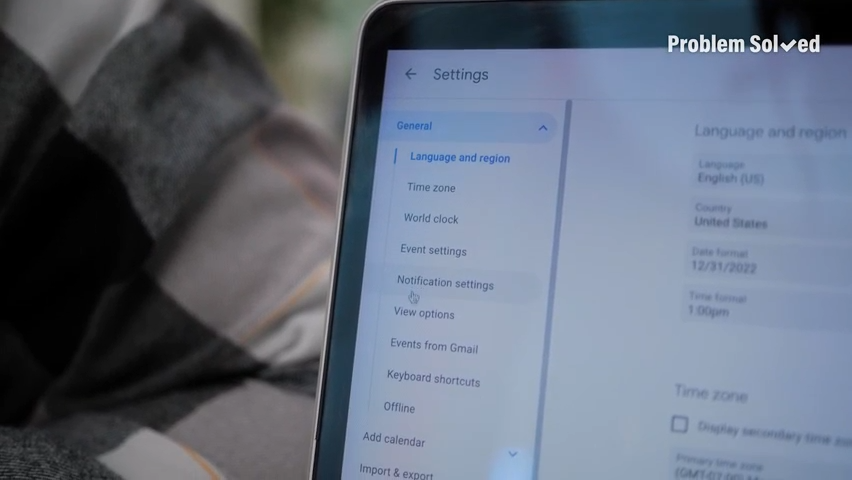First class vs business class: What’s the difference?
First class vs business class: What’s the difference?

Show Caption
Hide Caption
How to manage trips on Google calendar
Manage your travel plans easily with Google calendar.
ProblemSolved, USA TODAY
It’s surprisingly nuanced.
Most planes today have either first or business class, but very few have both, and what you can expect varies a lot by airline and the plane or route you’re flying.
It’s hard to pin down exactly what qualifies as first or business class, but the offerings typically fall into three categories: domestic first class, which is usually a large, recliner-style seat; long-haul business class, which most frequent flyers have come to expect will mean a fully flat bed, increasingly with direct aisle access for every seat; and long-haul first class, which is the pinnacle of luxury in the sky on most airlines. Some high-end carriers like Emirates even have full suites with onboard showers for their first-class passengers on some planes.
Tell us your story: Mobility device lost or damaged by an airline? USA TODAY wants to hear about it
Domestic first class
The low end of these high-end offerings is domestic first class. It’s nothing to sniff at, of course, but if you book a domestic first-class ticket, you shouldn’t expect a bed onboard, either.
Most major U.S. airlines have first-class seating on their single-aisle planes, and typically these seats are larger than those in economy, with more legroom and recline. Many carriers that offer first class also provide enhanced service to the passengers seated there, with perks like complimentary alcohol or even meals on longer flights.
They’re actually generally comparable to the increasingly common long-haul premium economy seats. KLM Royal Dutch Airlines this past summer became the latest airline to introduce that class of service.
This trick saved me over 60% in plane tickets: How to travel business class without spending a fortune
Long-haul business class
This is where the boundary between first and business class starts to get a little blurrier.
Many airlines have phased out separate first- and business-class cabins on their longer routes as travelers got used to more luxurious business-class offerings.
Luxury overhaul: American Airlines reveals new business class and premium economy seats
Most international and many transcontinental flights on full-service airlines feature business class with a fully flat bed, high-end amenities and specialized service. More airlines are moving to an enclosed suite configuration as they install new business class seats, with many travelers coming to expect a partition that blocks them off from the aisle.
Check out USA TODAY’s analysis of the evolution of airplane cabins for a closer look at how business class has evolved over the years.
International first class
On the airlines that still offer it, international first class is what most people think of when they hear the phrase “first class.”
It typically features the fleet’s largest and most luxurious seats, with the most attentive service and best amenities the airline offers.
Although it’s becoming less common, carriers including Air France, British Airways and Etihad continue to fly planes with both business- and first-class cabins.
These invariably also have fully flat beds, much like long-haul business class, are configured more spaciously, and typically include other perks and amenities.















![Toni Kroos là ai? [ sự thật về tiểu sử đầy đủ Toni Kroos ]](https://evbn.org/wp-content/uploads/New-Project-6635-1671934592.jpg)


